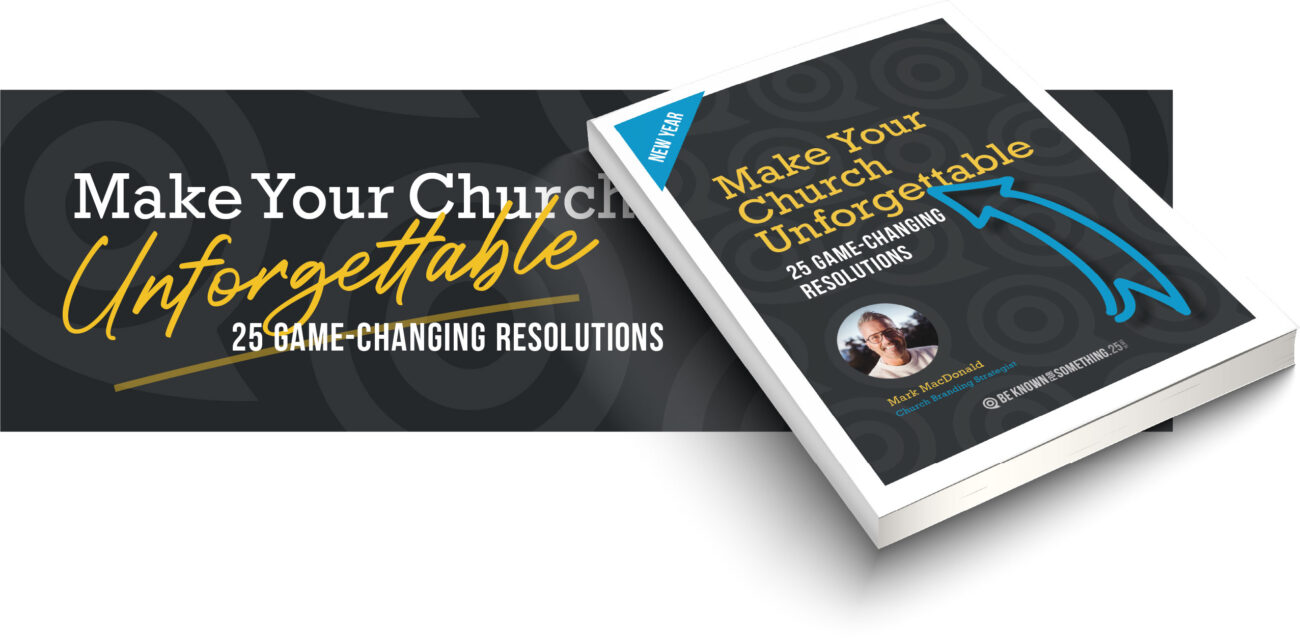3 Reasons Church Websites Aren’t Being Read
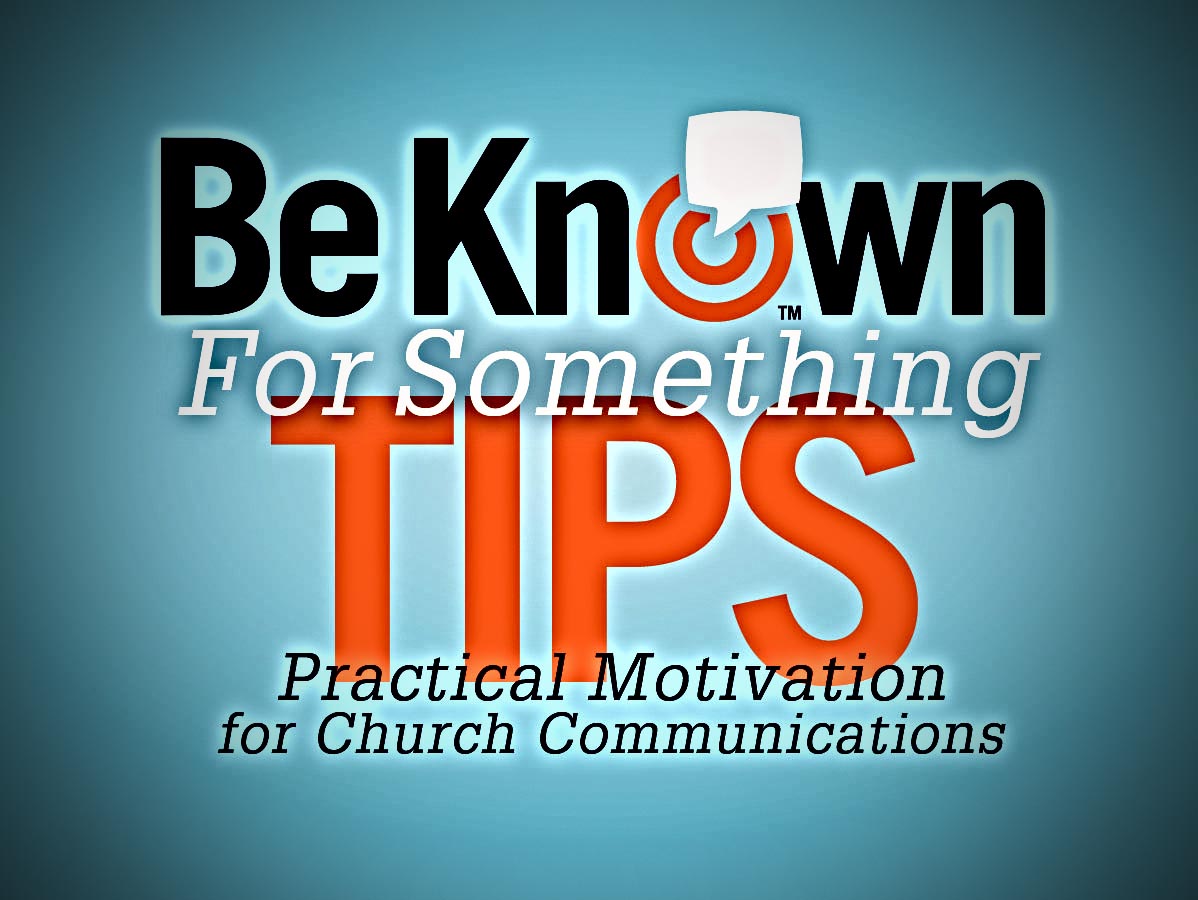
Communication budgets are being wasted by churches. Almost every ministry has a website now and sadly the investment may not be wise.
The mentality (that we hear all the time) is “it’s not very good, but it’s better than not having one”. I disagree.
For 3 reasons:
- It wastes donated money to have something that doesn’t represent you well.
- People think less of you and may not want to visit you.
- We know that statistically it takes less than 3 seconds to determine if it’s a good website and whether they will stay and look. Or click away. And therefore, you’re wasting your money.
People are fleeing (quickly) from Church websites.
But it can be different. Three simple changes will keep people on your website longer. I purposefully don’t discuss design, because I believe that for the most part, that’s not the biggest issue with websites. People don’t come for the design; they come for the content. And people usually endure the design issues to get great content.
Here are 3 reasons people are not reading your website:
- Too much competition. When people come to your website, they want to have simple choices. Where to go. Where to click. The more choices, the less likely they’ll be to make them. If there’s only one choice, they’ll make it more often. So make sure that “choices” don’t compete with each other. Have fewer choices and make the hierarchy clear on your page. People will take a path into your website if there’s less competing elements.
- Too many paragraphs. The average person wants “just the facts”. People don’t like reading long paragraphs online. Most will skip the first paragraph and go to the bullet points (possibly like you did on this article). Reduce your paragraph text. Make it simple. Bullet-points. Less than 50 words per page will get your page read more.
- Too much confusion. I grimace when someone tells me “it’s on the website; I just don’t know where”. You shouldn’t have to have a masters degree (or a map) to find material on your website. Your menu should be “real words” that don’t need explanation. They should be what people are looking for. And the material contained under the menu items should be self-explanatory or people will give up and find a simpler website.
Stop the madness! Church should point the way to the Truth; not come across overly complex and confusing along the way. Blessed are the simple. They will point people to God.
This post originally appeared for the National Association of Church Business Administration (NACBA) publication. Mark MacDonald is a regular writer for this and other national publications.
Want 25 Game-Changing Resolutions?
Related Posts
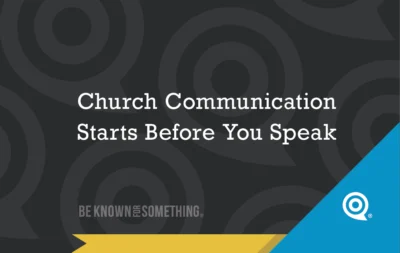
Church Communication Starts Before You Speak
Church communication does not begin with a sermon. Instead, it begins the moment someone arrives on your property. Before a
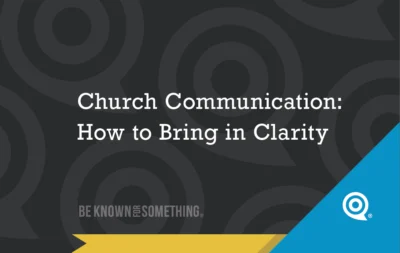
Church Communication: How to Bring in Clarity
In the new year, pastors often set goals. They want to grow attendance, launch new ministries, or strengthen discipleship. However,
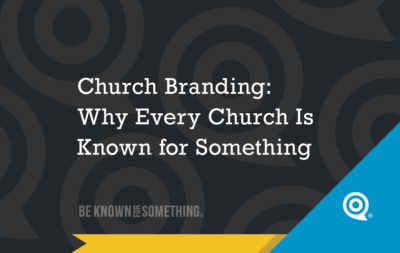
Church Branding: Why Every Church Is Known for Something
Everyone is known for something, including your church. This is the heart of church branding. The real question isn’t whether

